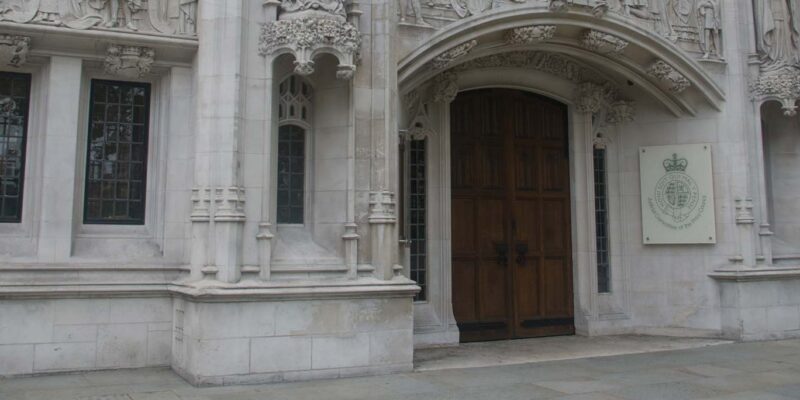Manchester 0161 832 2500 | London City 0204 505 8080 | London Finchley 020 8349 0321
Secure PaymentThe start of October heralds a gentle resumption of winding up petitions against companies being available but not if you are a landlord!
The most notable change to the pre-Covid position is that there is a temporary increase in the amount that must be owed from £750 to £10,000. In addition you will not be able to present a petition before you have sought proposal proposals for payment from the debtor and given them 21 days for a response. The government clearly is seeking to protect small businesses by giving them every opportunity to negotiate their way out of financial trouble. The Government has made clear its intention to continue protecting the two types of debtors that have been hit particularly hard by Covid-19, small businesses and tenants.
As a result, unfortunately, landlords will not yet in reality benefit from the re-introduction of winding up petitions. This is in line with the continuing suspension of forfeiture and the effective suspension of Commercial Rent Arrears Recovery (“CRAR”), by requiring that the minimum net unpaid rent that must be outstanding before CRAR can be used is 554 days.
Landlords need to be particularly aware of the new concept of an “excluded debt” – one for rent that a tenant is liable to pay under a relevant business tenancy in England and Wales, which is unpaid by reason of the financial effect of coronavirus. It would seem the only chance a landlord has of bringing a successful winding up claim against a tenant (or corporate guarantor) would be if the landlord can prove that the rent is unpaid because the tenant is taking advantage of UK Government policy to help with its cash flow (remembering arrears still must be more than £10,000 and the debtor must be given 21 days to offer a payment plan). Seemingly landlords face an impossible task of proving that Covid has not caused a tenant’s financial difficulties. Good luck with that one!
It is worth noting that the restrictions do not, though, give protection to individual debtors from personal statutory demands and subsequent bankruptcy proceedings. However, with the current backlog for hearing petitions, this solution may be not as efficient as it once was.
Avi Barr is a partner at BBS Law specialising in Commercial Property and Property Finance and is head of the London office. Avi can be contacted by email here.


